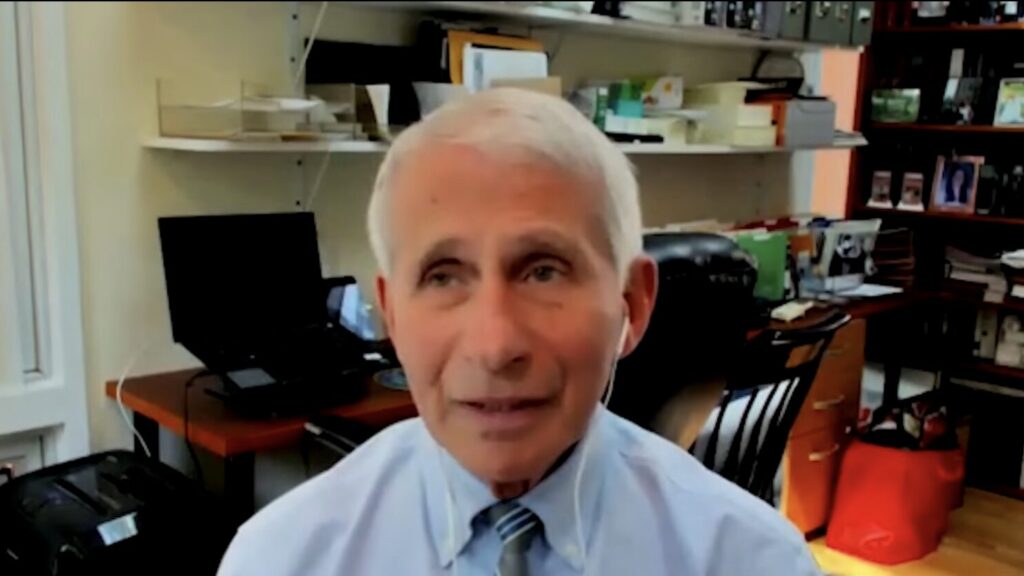Anthony Fauci, former head of the National Institute of Allergy and Infectious Diseases, is recovering at home after being hospitalized for nearly a week for West Nile virus infection.
Fauci, a leader of the U.S. Covid-19 response, spent six days in hospital as doctors tried to figure out what was responsible for his illness. It was thought he had a bacterial infection, or had been infected with a tick-borne disease, until a blood test showed he was “strongly positive” for West Nile virus.
Fauci, 83, told STAT he has never been so ill.
“I really felt like I’d been hit by a truck,” he said in an interview Saturday. “I have to tell you, I’ve never been as sick in my life. Ever. By far, this is the worst I’ve ever been with an illness.”
West Nile virus is a flavivirus, a viral family that includes St. Louis encephalitis virus, Japanese encephalitis virus, and Powassan virus. There is no vaccine to protect against it, and no specific antiviral drugs to treat it. Severe cases can be treated with supportive care — intravenous fluids and pain medications.
It is spread by infected mosquitoes and is the leading cause of mosquito-borne illness in the United States. There is a cyclical pattern to West Nile infections, with most cases in this country occurring in August and September.
advertisement
The vast majority of people who contract the virus develop no symptoms at all. The Centers for Disease Control and Prevention estimates eight out of 10 infected people fall into this category.
But those who do develop symptoms can become very ill, experiencing fever, headache, joint pain, vomiting, and diarrhea. Older adults — people aged 60 and older — are at higher risk of developing serious disease if they are infected. In about one out of every 150 cases, the virus moves into the central nervous system, and can cause encephalitis or meningitis, inflammation of the membrane around the brain or of the spinal cord. About 10% of people who develop involvement of the nervous system die. Last year 182 West Nile deaths were recorded in the U.S.
Fauci said he did not develop the neurological form of the illness.
advertisement
He began to feel ill two weeks ago, and assumed he was coming down with “a plain old upper respiratory infection.” He initially felt “weak and worn out and tired…. But then the weakness got really profound.” On Aug. 16, he was hospitalized.
His temperature spiked, climbing to 103 Fahrenheit. For several nights running, Fauci experienced hours of “shaking chills” that wouldn’t go away. He has since been released but said the illness left him so weak he couldn’t initially stand without help. Fauci says he knows a full recovery will take time.
“I just have to rest,” he said. “The good news is I’m absolutely going in the right direction. The sobering news is that it’s going to take weeks and weeks to get back to normal. That’s the history of West Nile. It just wipes you out so badly.”

